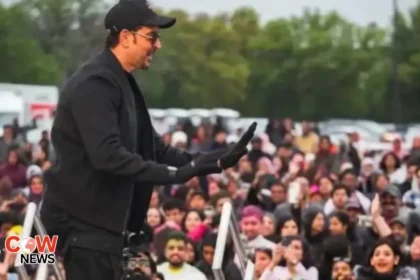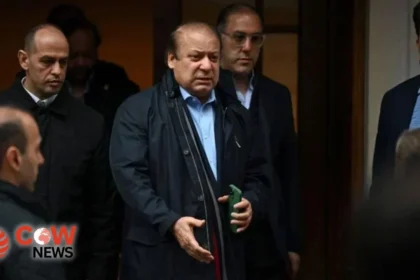Saudia ( The COW News Digital )Saudi Crown Prince Mohammed bin Salman strongly condemned Israel’s recent attacks in the region and called for decisive measures to counter such aggression. Speaking at the annual session of the Shura Council, the Crown Prince affirmed Saudi Arabia’s full support for Qatar, emphasizing that every step taken by Doha to safeguard regional peace would have Riyadh’s backing.
“This type of aggression must be confronted, and appropriate actions must be taken to prevent further escalation,” the Crown Prince said. He also underscored that Gaza is Palestinian land, and no act of violence can deprive the people of their legitimate rights.
Meanwhile, United Arab Emirates President Sheikh Mohammed bin Zayed Al Nahyan traveled to Doha to express solidarity with Qatar. Emir Sheikh Tamim bin Hamad Al Thani personally welcomed the UAE President at the airport. The gesture symbolizes increasing cooperation among Gulf states in response to escalating regional tensions.
Qatar’s Prime Minister described the Israeli airstrike on Doha as an act of “state terrorism,” asserting that the country reserves the right to respond. He added that the attack has extinguished hopes for the safe release of hostages and called for Israeli Prime Minister Benjamin Netanyahu to be held accountable.
The international response has also seen solidarity from other regional leaders. Egyptian President Abdel Fattah el-Sisi and Jordan’s King Abdullah II reaffirmed their unwavering support for Qatar, stressing unity in the face of foreign aggression.
The strike, which took place a day earlier, targeted Hamas leadership in Qatar’s capital. Six individuals, including the son of senior Hamas leader Khalil al-Hayya and the director of his office, were reportedly killed. However, the core Hamas leadership survived the attack, leaving questions about the broader implications for regional security.
Analysts note that the incident has heightened tensions across the Middle East, drawing attention to the fragile balance of power in the region. Gulf Cooperation Council (GCC) countries appear to be aligning their diplomatic and political efforts to deter further attacks and ensure the protection of civilian populations.
Experts also suggest that the coordinated response by Saudi Arabia, UAE, Egypt, and Jordan could signal a shift toward stronger collective action in addressing Israeli operations against Palestinian territories and allied states in the region.
The unfolding situation in Doha continues to be closely monitored internationally, as any escalation could have significant ramifications for Middle East stability and ongoing peace initiatives.







